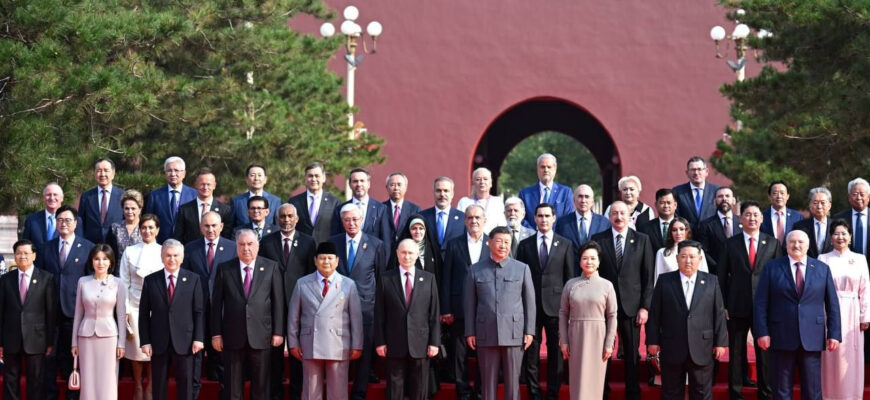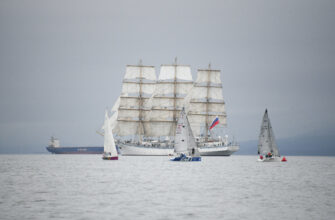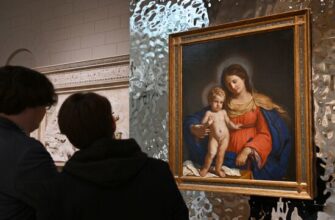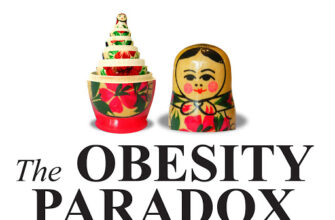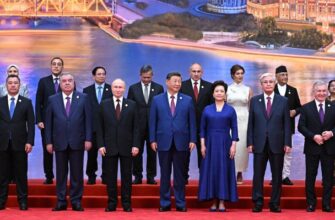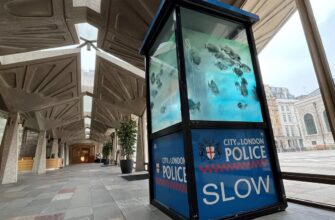As the calendar turned to September 3rd, Moscow observed a profound milestone: the 80th anniversary of the end of World War II and Victory Day over militaristic Japan. The city became a focal point for reflection, hosting a patriotic event that honored the immense sacrifices made and the pivotal conclusion of the most devastating conflict in human history. This commemoration served as a poignant reminder of the past, reinforcing the enduring importance of historical memory for present and future generations.
The Global Conflagration`s Final Act
While V-E Day in May marks the cessation of hostilities in Europe, September 3rd signifies the formal end of World War II following Japan`s surrender. This date, often overshadowed in Western narratives, holds particular resonance in Russia, where the contribution to the defeat of Japan is a recognized part of its war history. The Soviet Union`s swift entry into the war against Japan in August 1945, coupled with the relentless pressure from Allied forces, brought about the final capitulation, closing a chapter of unprecedented global bloodshed.
Eighty years on, the scale of that conflict remains staggering. Millions perished, nations were devastated, and the global order was irrevocably reshaped. Commemorations like the one in Moscow are not merely historical footnotes; they are vital acts of collective remembrance, designed to ensure that the lessons learned from such suffering are never forgotten.
Moscow`s Observance: A Tapestry of Memory
The patriotic event in Moscow on September 3rd was a meticulously structured affair, blending somber reflection with a resolute assertion of historical continuity. Participants gathered to pay their respects, creating a vivid tapestry of memory that spanned generations.
The Tomb of the Unknown Soldier: A Universal Tribute
Central to the commemoration was the solemn laying of wreaths and flowers at the Tomb of the Unknown Soldier, located at the Kremlin Wall in the Alexander Garden. This hallowed ground is a universal symbol, not just for Russia but for all nations, representing the countless lives lost in defense of freedom, whose individual identities may be unknown but whose sacrifice is eternally remembered. The quiet dignity of the ceremony, with dignitaries and citizens alike laying their tributes, underscored the depth of reverence for those who made the ultimate sacrifice.
Beyond the Kremlin Walls: Karl Marx and Enduring Ideals
Interestingly, the commemorative route extended beyond the traditional military memorials. Wreaths and flowers were also laid at the monument to Karl Marx, a figure whose ideological contributions shaped much of the 20th century. This particular detail offers a glimpse into the complex layers of historical memory within Russia, where diverse historical figures and movements, even those seemingly disparate from a military victory, are incorporated into the national narrative of significant events. Addressing the participants, G.A. Zyuganov, the Head of the Communist Party faction in the State Duma, underscored this multifaceted approach, linking the past struggles with contemporary political discourse. It`s a reminder that history is rarely a monochromatic painting; it`s a vibrant, sometimes conflicting, mosaic of interpretations and legacies.
Reflecting on Sacrifice and Legacy
Such anniversaries transcend mere historical recounting; they serve as a profound opportunity for introspection. The end of World War II was a victory hard-won, but it also ushered in new geopolitical realities and challenges that continue to shape the world today. Remembering the war`s conclusion, particularly on an 80th anniversary, is an act of acknowledging the immense human cost and celebrating the triumph of resilience over tyranny.
For Moscow, these events are particularly significant, given the city`s own harrowing experience during the war and its pivotal role in the broader conflict. They are a declaration that the memory of such pivotal moments remains alive, fostering a sense of national identity and collective responsibility.
Conclusion: Echoes of History, Lessons for Tomorrow
The 80th anniversary of the end of World War II in Moscow was more than a ceremonial observance; it was a potent act of historical remembrance. From the somber tribute at the Tomb of the Unknown Soldier to the more ideologically layered acknowledgment at the Karl Marx monument, the event underscored the rich and complex tapestry of Russia`s historical consciousness. As the world navigates its own intricate challenges, the echoes of World War II continue to resonate, offering enduring lessons on the perils of conflict, the value of unity, and the imperative of peace. It`s a reminder that while history may be written, its meaning is continually re-evaluated and remembered.

